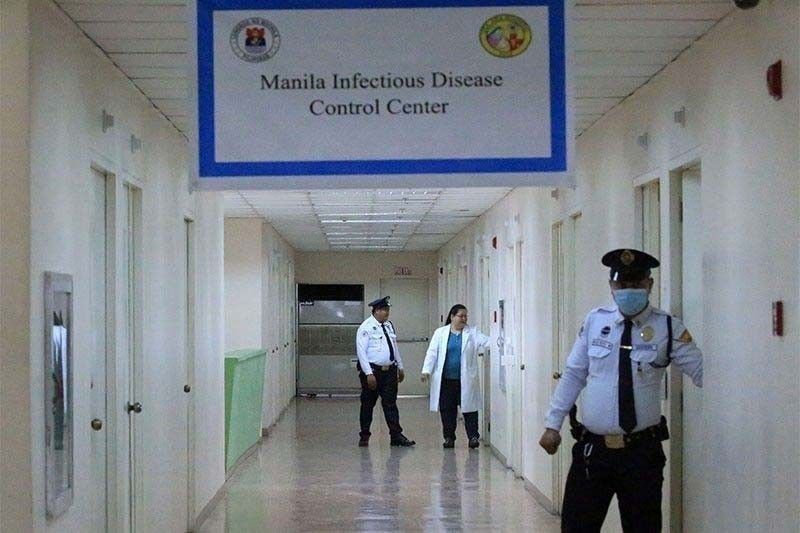
Manila, Philippines — President Marcos has signed into law a measure mandating the establishment of specialty centers in Department of Health (DOH)-run hospitals and in government-owned or controlled corporation (GOCC) hospitals in the country.
Signed on Aug. 24, Republic Act (RA) 11959 or the “Regional Specialty Centers Act” aims to ensure accessible and affordable health care services for all Filipinos.
Under the law, the DOH is designated to establish specialty centers in its hospitals in every region and in GOCC specialty hospitals, prioritizing cancer care, cardiovascular care, lung care, renal care and kidney transplant, brain and spine care, trauma care and burn care.
The specialty centers shall also prioritize orthopedic care, physical rehabilitation medicine, infectious disease and tropical medicine, toxicology, mental health, geriatric care, neonatal care, dermatology, eye care and ear, nose and throat care.
RA 11959 also mandates the DOH to categorize the level of service capability of the specialty centers as National Specialty Centers, Advanced Comprehensive Specialty Centers and Basic Comprehensive Specialty Centers pursuant to the Philippine Health Facility Development Plan.
The specialty centers shall adhere to the guidelines set by the DOH on planning and prioritizing health facilities based on the upgrading of hospitals, evidence of the health needs and demands and service capability of hospitals and geographic or physical access, the law said.
The amount necessary for the initial implementation of the law shall be charged against the current year’s appropriation of the DOH and shall include in its program the establishment and operationalization of the specialty centers in its annual budget thereafter.
GOCC specialty hospitals include the Philippine Heart Center, National Kidney and Transplant Institute, Lung Center of the Philippines and the Philippine Children’s Medical Center.
Giving hope to Filipinos
The Regional Specialty Centers Act would pave the way for the establishment of specialty centers that would provide medical access and convenience to millions of Filipinos outside Metro Manila, according to Senate President Juan Miguel Zubiri.
“If there is a Field of Dreams, then specialty centers are Centers of Hope because it gives hope to Filipinos who have no access or could not travel to Manila to see a specialist for their illnesses,” Zubiri said, referring to a 1989 film.
“This was one of my campaign promises, to have specialty centers in regions and make medical services accessible,” he added.
President Marcos on Aug. 24 signed Republic Act 11959 or the Regional Specialty Centers Act, which establishes specialty centers in state-owned hospitals.
The area of specialization will depend on the needs of the people in a particular region based on an assessment by the Department of Health and specific guidelines, Zubiri noted.
National specialty centers are mandated to provide training and technical assistance to regional specialty centers and lead the research and development of policies, protocols and standards for specialty services.
“The idea is to bring the Heart Center, Kidney Institute, Lung Center and Children’s Medical Center closer to the public in Luzon, Visayas and Mindanao. The transportation cost of going to Manila, as well as accommodation, is too much,” Zubiri said.
